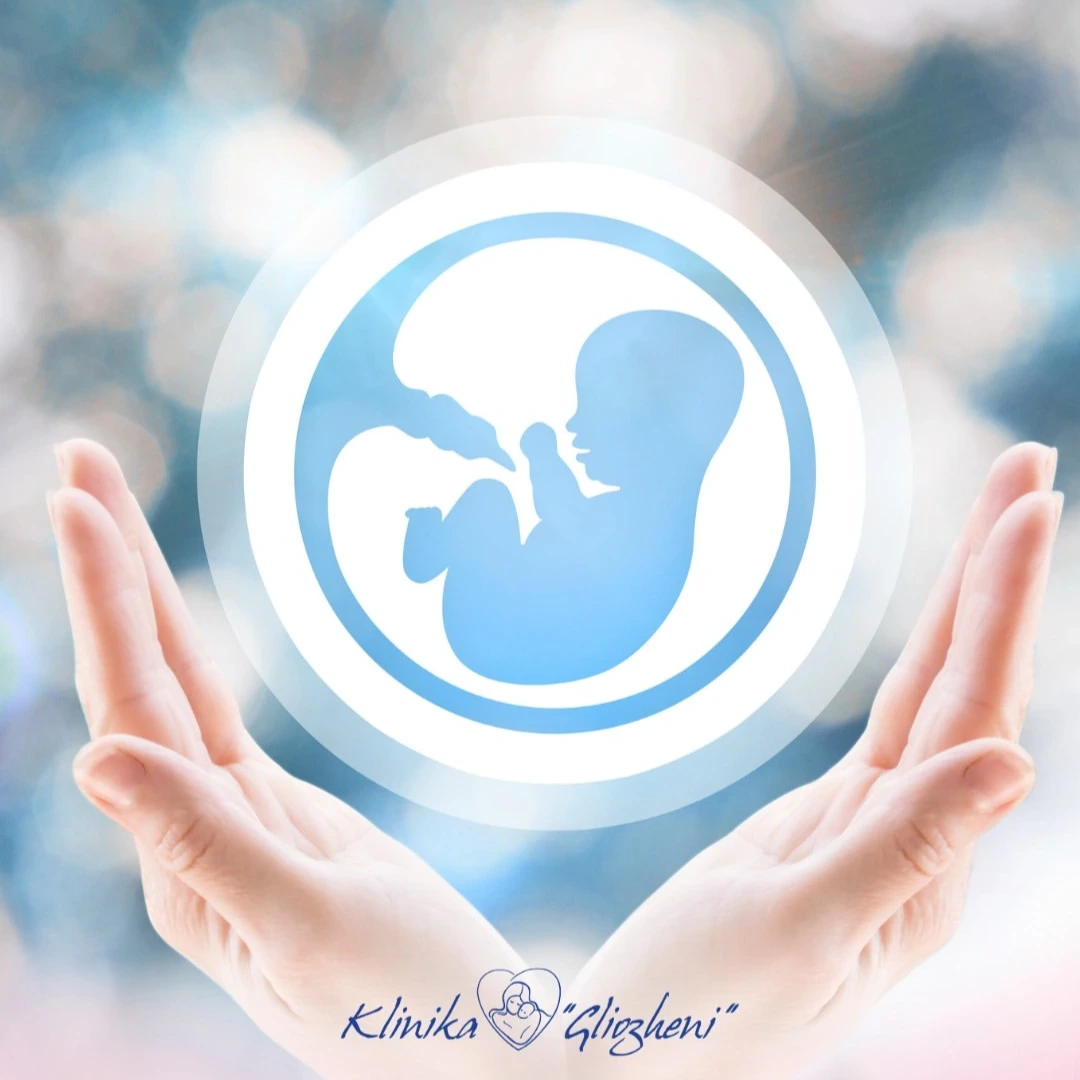A woman’s body is a complex system, and its changes often raise questions and uncertainties. One of the most common confusions women face is distinguishing between implantation bleeding and menstrual bleeding (menstrual cycle). While both can exhibit some similarities, understanding the fundamental differences is key to accurately identifying what is happening with your body.
What is Implantation Bleeding?
Implantation bleeding is a relatively common, but not always present, phenomenon that occurs when a fertilized egg (embryo) attaches to the inner wall of the uterus, known as the endometrium. This process is a critical step in the beginning of pregnancy. It usually happens around 10 to 14 days after fertilization, which roughly coincides with the time a woman expects her menstrual period to begin.
Characteristics of implantation bleeding include:
- Amount: It is usually very light, often just a few spots or a minimal amount that may only be noticed after wiping. It is not similar to regular menstrual flow that requires the use of sanitary pads or tampons.
- Color: The color of the blood is often light pink or light brown, due to the small amount and the time it takes for the blood to travel from the uterus.
- Duration: Implantation bleeding is short, usually lasting from a few hours to a maximum of two days.
- Pain: In most cases, implantation bleeding is not accompanied by severe pain. Some women may experience mild cramps, which are softer than typical menstrual pains. These cramps are often described as a pricking or tightening sensation.
It is essential to note that not all women experience implantation bleeding, and its absence is not an indication that pregnancy has not occurred.
Detailed Differences from the Menstrual Cycle
The menstrual cycle, on the other hand, is the monthly process of shedding tissue and blood from the uterus that occurs when pregnancy has not happened. This is the body’s way of preparing for a new pregnancy each month.
Here is a more detailed comparison to help distinguish between them:
| Characteristic | Implantation Bleeding | Menstrual Cycle (Periods) |
| Amount | Very light, often just spots, does not require continuous protection. | Normal to heavy, steady flow requiring frequent changes of protection (pads, tampons). |
| Color | Light pink or light brown. | Bright red, often with blood clots, becomes darker towards the end. |
| Duration | Usually lasts from a few hours to 1-2 days. | Lasts an average of 3 to 7 days. |
| Pain/Cramps | Mild cramps or no pain; more of a gentle pricking sensation. | Common cramps, varying in intensity from mild to severe, often accompanied by back or abdominal pain. |
| Timing with Cycle | Occurs a few days before or around the expected period date, as a possible early sign of pregnancy. | Regular start of the monthly cycle, usually with a predictable pattern for most women. |
| Accompanying Symptoms | May be accompanied by other early pregnancy symptoms such as breast tenderness, fatigue, mild nausea. | May be accompanied by bloating, mood swings, headaches, acne. |
Why is it Important to Know the Difference?
Understanding this difference is crucial because implantation bleeding is a possible indicator of early pregnancy. Rapid identification of pregnancy allows you to take necessary steps for your primary health care and that of the baby, as well as to avoid activities or medications that may be harmful during pregnancy.
When Should You Take a Pregnancy Test?
In case of doubt and uncertainty, it is strongly recommended to take a pregnancy test to accurately determine if the bleeding is a result of implantation or part of the menstrual cycle. Home pregnancy tests, which measure the level of hCG hormone in urine, are very sensitive and easy to use. For more reliable results, it is best to perform the test a few days after the expected date of the missed period, as the hCG level is high enough to be detected then. If the test is positive, it is essential to contact a gynecologist to confirm the pregnancy through blood tests or ultrasound and to immediately begin monitoring and prenatal care.
Contact Gliozheni Clinic
Gliozheni Clinic offers specialized services in the field of gynecology and obstetrics, providing you with full support, professional consultations, and high-quality healthcare at every stage of your life. Our experienced team is dedicated to answering all your questions, providing clarity, and ensuring a safe and caring environment.
To book an appointment or for any further questions, you can contact us at:
Tel: +355 4 222 36 32
Cel: +355 67 27 33 333
We are here to serve you with professionalism, sensitivity, and utmost care for your health.






